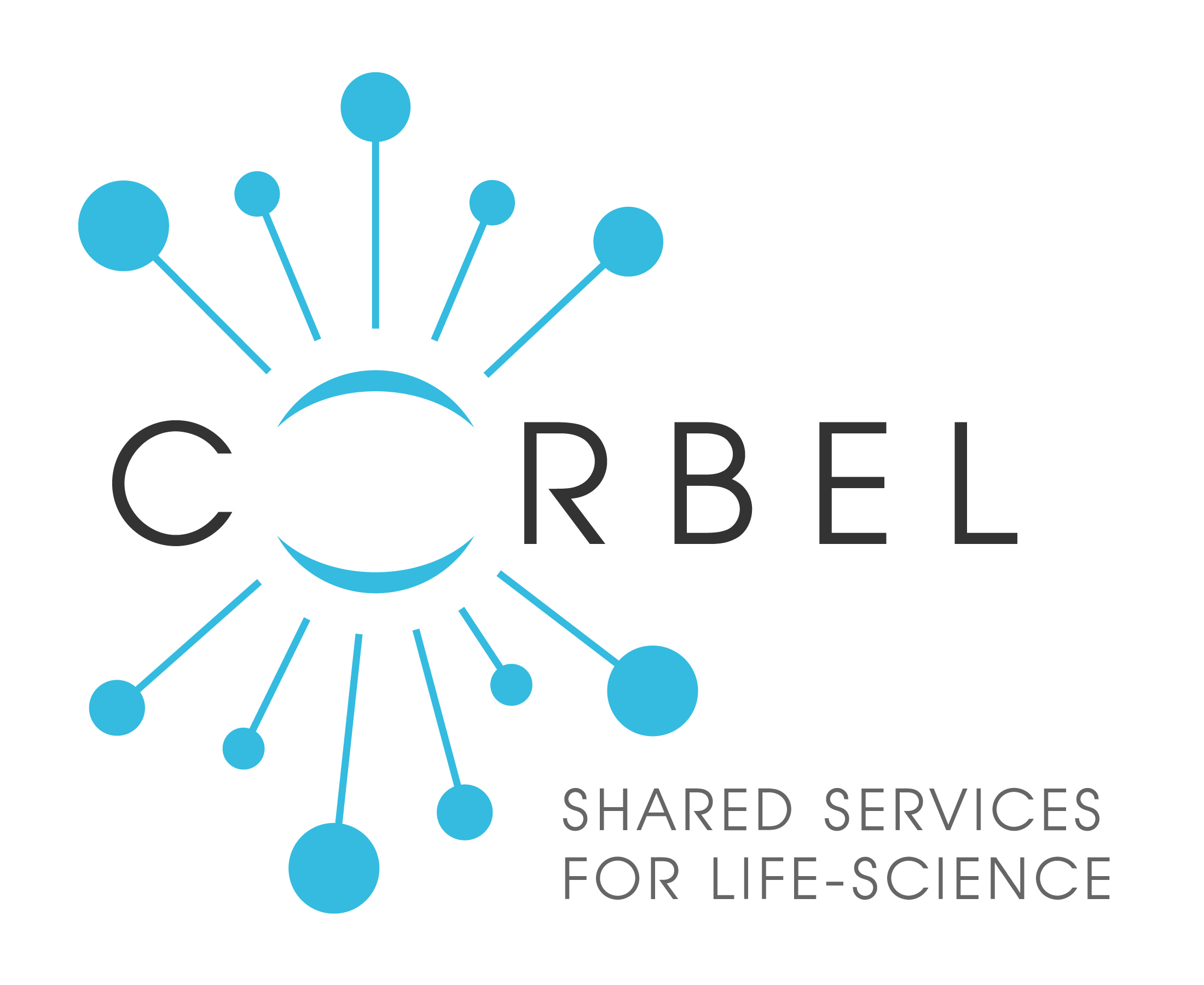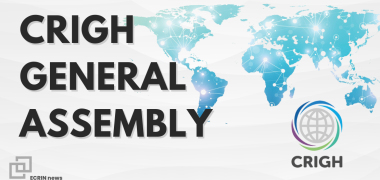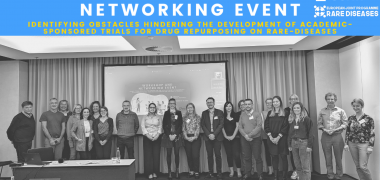CORBEL's achievements and next steps
 CORBEL (Coordinated Research infrastructures Building Enduring Life-science services) was a four-year and nine months Research and Innovation Action funded in September 2015 by the European Commission’s H2020 programme to establish a framework of shared services between the ESFRI Biological and Medical Research Infrastructures, which enhances the efficiency, productivity and impact of European biomedical research and its eventual translation into medicine.
CORBEL (Coordinated Research infrastructures Building Enduring Life-science services) was a four-year and nine months Research and Innovation Action funded in September 2015 by the European Commission’s H2020 programme to establish a framework of shared services between the ESFRI Biological and Medical Research Infrastructures, which enhances the efficiency, productivity and impact of European biomedical research and its eventual translation into medicine.
The core purpose of CORBEL was to drive Life Science Research Infrastructure (LS RI) interoperability. The project aimed to operationalise the interfaces, access protocols, data management, and ELSI support so that users can seamlessly access the rich landscape of European biological and medical research infrastructure services. Guided by Open Calls and through a user-led approach, CORBEL developed the tools, services and data management required by cutting-edge European research projects: collectively the LS RIs established a sustained foundation of collaborative scientific services for biomedical research in Europe and embedded the combined infrastructure capabilities into the scientific workflow of advanced users. Furthermore, CORBEL enabled the LS RIs to support users throughout the execution of a scientific project: from planning and grant applications through to the long-term sustainable management and exploitation of research data.
The project ended on 31 May 2020 and in this table, its major assets are highlighted, together with sustainability plans, so that researchers can continue to benefit from the work done within CORBEL. One of the outcomes of CORBEL was the creation of a new website dedicated to the 13 European LS RIs. The LS RI website aims to be a common source of comprehensive information, including profiles, a joint service catalogue, collaborations, news, and more. It also provides a section on the ELSI Services and the Innovation Helpdesk.
CORBEL may be over, but the LS RIs continue working together in the frame of the EOSC-Life project. Stay in touch through the EOSC-Life bi-monthly newsletter or follow @EoscLife on Twitter.





